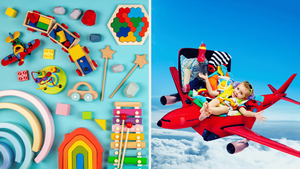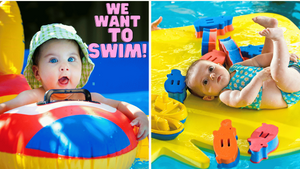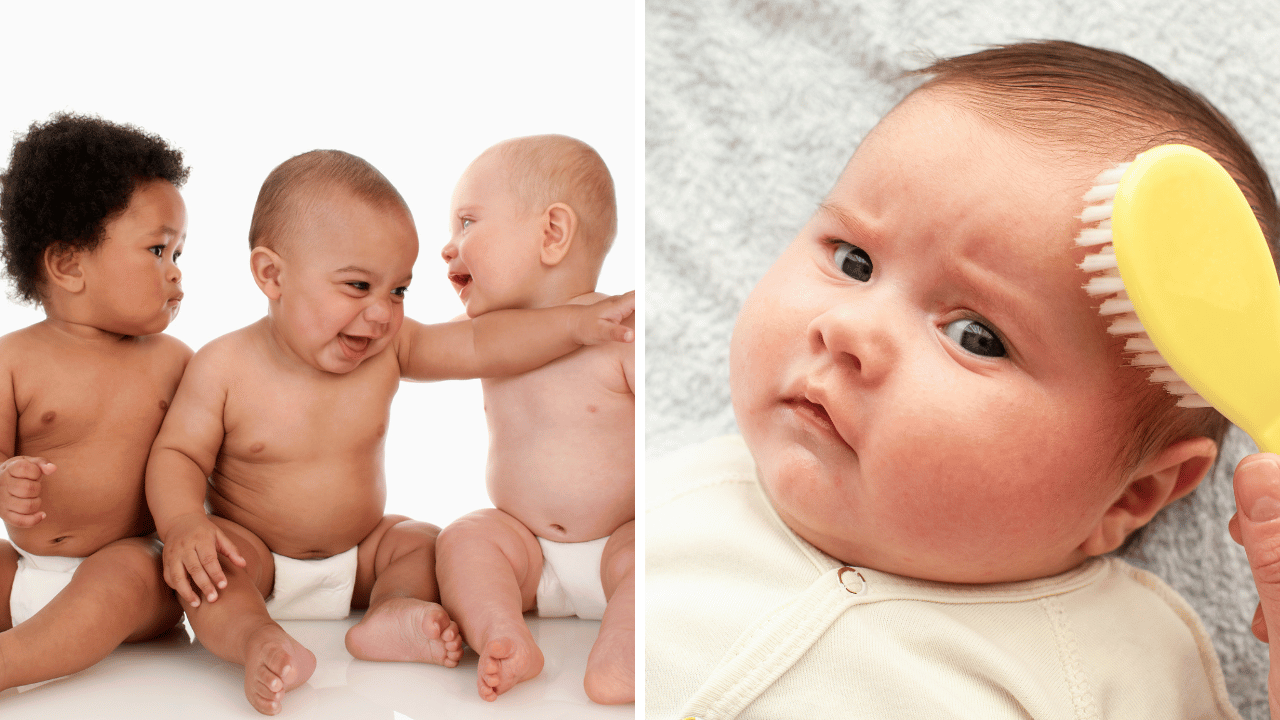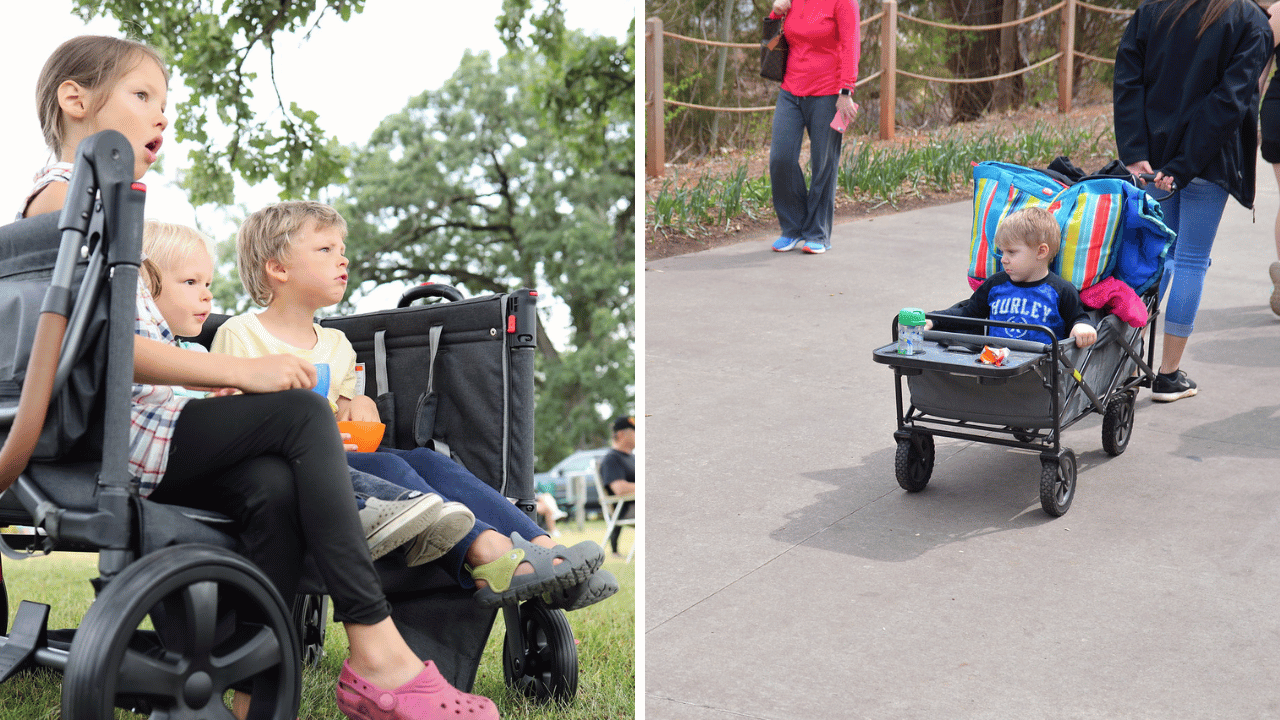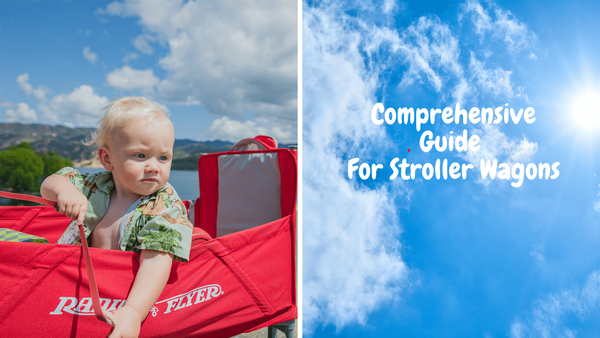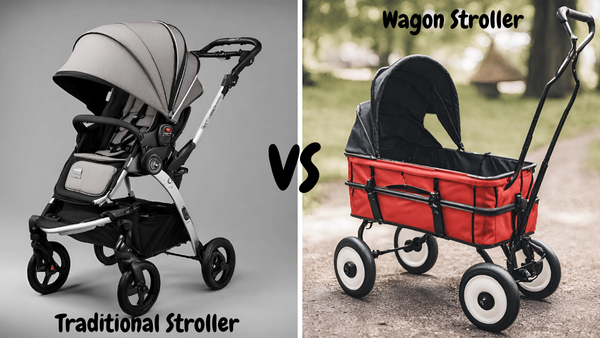Babies have their own reasons for spitting out their pacifiers - from medical and anatomical causes to discomfort, attachment issues, and even developmental stages. Understanding these reasons is crucial in ensuring your baby's comfort and well-being.
In our in-depth article, we delve into the world of pacifiers and babies, exploring why these little lifesavers might be getting the boot more often than not. Whether it's due to weak sucking strength, an uncomfortable size or shape, or simply your baby asserting their independence, we've got it covered.
Join us as we unravel the great pacifier puzzle, providing you with the knowledge and tools to make your baby's pacifier experience a smooth one. Don't let the constant pacifier pick-up game leave you puzzled and frustrated - let's solve it together!
Why can't baby keep pacifier in his/her mouth?
Here are some common reasons why your baby might not be able to keep the pacifier in their mouth:
1. The size of the pacifier is too big or small for your baby’s mouth – If the pacifier is too big, it won't fit in your baby’s mouth and may cause discomfort. On the other hand, if the pacifier is too small, it may not stay in place for the desired amount of time.
2. Your baby has a short tongue – A baby with a short tongue may have difficulty keeping the pacifier in their mouth because they are unable to keep their tongue flat against the bottom of the pacifier.
3. The shape of your baby’s palate or teeth – If your baby’s palate or teeth are not well-aligned, this could be preventing them from keeping the pacifier in place.
4. Your baby is having difficulty with their oral motor skills – Oral motor skills refer to the ability to coordinate and use one's mouth and tongue for activities such as sucking, licking and chewing. Babies who are having trouble with their oral motor skills may not be able to keep the pacifier in their mouth.
5. Your baby is uncomfortable with the material used for the device – Some babies are more sensitive than others and may have discomfort associated with certain materials used for pacifiers, such as latex or silicone.
Overview of why babies can’t keep pacifiers in their mouths
It's understandable why some babies may have difficulty keeping a pacifier in their mouth. Many of the reasons listed above can be easily managed with a few simple steps. For instance, if the size of the pacifier is too small or big, simply purchase one that is designed to fit your baby’s mouth appropriately.
If your baby has a short tongue, you can try different pacifier shapes that are easier to keep in the mouth. You can also make sure your baby’s palate and teeth are properly aligned by visiting a dentist for an assessment. If oral motor skills are a challenge, you may want to speak with a speech-language pathologist for assistance in developing these skills.
Reasons such as tongue tie, baby’s mouth size, and shape of the pacifier
The tongue tie is a common issue that can prevent your baby from successfully keeping the pacifier in their mouth. If you notice that your baby's tongue appears to be tethered, consult with a knowledgeable medical professional for an evaluation.
The size and shape of the pacifier are also important factors to consider when assessing why your baby cannot keep it in their mouths. A pacifier should fit comfortably in your baby's mouth and should be made of a material that is comfortable for the baby.

Strategies to help keep baby's pacifier in their mouth
Once you have identified the source of your baby’s difficulty in keeping the pacifier in their mouth, there are several strategies that can be used to help them master this skill. Here are some helpful tips:
1. Make sure that the pacifier is a good fit for your baby’s mouth – If the pacifier is too big or small, it won’t stay in their mouth.
2. Encourage your baby to keep the pacifier in their mouth – Give them verbal and non-verbal cues, such as pointing and waving, to help them understand that they need to keep the pacifier in their mouth.
3. Allow your baby time to get used to the pacifier – As with any new object, it may take your baby some time to become accustomed to the pacifier and learn how to use it correctly.
4. Try different shapes of pacifiers – Some babies may have difficulty keeping a round or oval-shaped pacifier in their mouths, but they may do better with a shield-style pacifier.
Speak calmly while you use the pacifier
Speak calmly and soothingly to your baby each time you attempt to use the pacifier. This way, they will associate the object with a positive experience and can learn how to keep it in their mouths more easily.
Change the shape of the pacifier if necessary
If your baby is having difficulty keeping the pacifier in their mouth, try changing the shape of it. You can try different shapes such as round, oval, or shield-style pacifiers to see which works best for your child.
Maintain a steady flow of saliva by rubbing your finger on your baby’s lips
Your baby may have difficulty staying attached to the pacifier if their mouth is too dry. To help stimulate saliva flow, rub your finger on your baby’s lips before inserting the pacifier in their mouth. This should help them feel more comfortable and keep the pacifier in place for a longer period of time.
Why Can't Baby Keep Pacifier In Their Mouth FAQs
Does the shape of the pacifier matter?
Yes, the shape of the pacifier can make a difference in whether or not your baby is able to keep it in their mouth. Try different shapes such as round, oval or shield-style pacifiers to see which is best for your baby.
Is there any special technique I should use when inserting the pacifier into my baby's mouth?
Yes. Before inserting the pacifier, rub your finger on your baby’s lips to stimulate saliva flow and help keep the pacifier in place for a longer period of time.
Can I use my own saliva to moisten the pacifier?
No. It is not recommended that you use your own saliva to moisten the pacifier. Doing so can transfer bacteria from your mouth to your baby’s, which could be harmful.
Final Thoughts
In conclusion, there are many common reasons why your baby may be unable to keep their pacifier in their mouth. From physiological problems like a cleft lip or palate, to physical issues such as dental development or difficulty with oral motor skills, understanding any underlying cause is the key to successful pacifier usage.
If you're concerned about why your baby can't seem to hold onto their pacifier, it doesn't hurt to consult your pediatrician.
With a little bit of exploration and possibly some professional help if necessary, you'll be closer to finding solutions that will make things easier for both you and your baby. So don't hesitate- go ahead and understand why a baby can't keep pacifier in his/her mouth so you can manage the situation before it starts becoming increasingly difficult.



